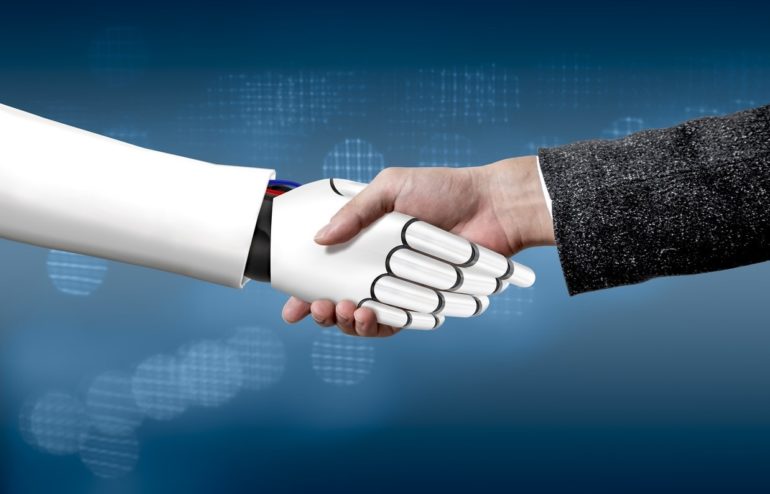Let’s Not Scared of AI: Why Customer Service Teams Should Welcome The Technology, Not Fear It
The robots are coming! At least, that what people seem to think. In fact, a recent Pew study found that nearly three-quarters of Americans (72%) are worried about a future where artificial intelligence technology will completely take on human tasks — stealing their jobs and livelihood. While this apocalyptic view has garnered a lot of media coverage and social conversations, people aren’t acknowledging the major advancements and progress this technology has sparked in our hyper-digital world.
In the customer service industry, specifically, this technology has quickly become a major part of how brands support their customers. While many people would assume that this also means they’re replacing human representatives, the truth is that this technology is actually helping customer support agents to be more productive, engaged and overall happier employees. Here’s how AI-driven virtual assistants do it:
Taking on the easy questions — and leaving the rest to the pros
Yes, one of the main benefits of AI-driven virtual assistants is that it provides a new channel for customers to ask questions and get faster responses. But the bigger benefit here is for live agents. Specifically, when a volume of simple customer queries come in around shipping processes or new products a retailer is selling, they can eat up a live representative’s day and, ultimately, make their work feel repetitive and unfulfilling.
By implementing chatbot technology to take on these quick questions, live agents are able to focus their full attention on those more complex customer situations that require the human touch. This not only means that customer support agents are focusing on high-value activities, it ultimately creates more engaged workers who have a sense of purpose in their jobs.
Providing an internal resource to ensure consistent support everywhere
Chatbots works great as an external, customer-facing tool — but their smarts seamlessly translate into an intelligent internal resource that helps customer service teams offer consistent and cohesive support. Specifically, by implementing virtual assistants internally, agents can use the technology to get up-to-speed on new company policies or processes, and therefore ensure they’re providing the most up-to-date answers to any customer question. This way, no matter which touchpoint a customer is on or who they are speaking with, they will receive a consistent customer experience.
By equipping a chatbot with innovative AI technologies, support teams can provide a new level of service — providing a channel to seamlessly share insight on specific customer history, or previous interactions to ensure the agent has all the information they need to get a customer’s situation solved. As an internal tool, chatbots augment customer service teams’ ability to provide stellar support.
Helping business understand where they’re falling short
We know chatbots are a great tool for internal and external use cases — but they can also help companies understand customer service performance. With knowledge management capabilities, chatbots have the distinct ability to pinpoint specific customer questions that aren’t receiving relevant or accurate responses — and therefore create frustrated customers. These tools create a new channel to understand where a company’s support is lacking and, in turn, prompts CX managers to make immediate improvements. This becomes a process of continuous improvement, where a focused knowledge management system can answer a wide variety of questions and new issues that pop up are quickly identified and addressed.
For customer service managers who are trying to win over anxious employees, the proof is in the pudding. With so many valuable use cases for AI-driven virtual assistants, managers will not only get their CX teams on board with the technology, but they’ll become happier and more productive workers with these tools at their disposal.
Source: Nanorep


Leave a Comment